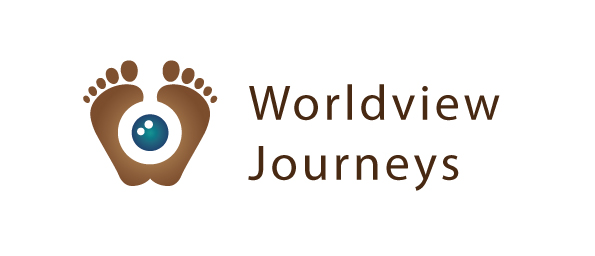Research Tools allows you to use the Worldview Test with your own study group, analyzing the generated test-results in combination with other data
- It supports you to easily invite your study group to take the Test, while requesting them for ‘informed consent’. It delivers your data in CSV format.
- Because the data generated by the Worldview Test are anonymous, each research participant needs to be connected with a unique ID. This will allow you to combine different data sources for a more comprehensive analysis.
- You’ll invite your research participants to take the Test by sending them a unique test link, which contains their personal research ID. (You can use a (free) email-service to automate this invitation process for you.)
- Participants are asked to give consent for using their responses for research purposes.
- Once your participants have taken the Test, you download the data, allowing you to combine them with other data sources, and analyse them with statistical software.
Overview of the process
The process of inviting your research subjects to take the Worldview Test consists of three main steps:
- Create a spreadsheet containing unique research ID’s and test-taker links
- Craft your email, and send it with the unique test-taker link in it
- Download the data once your research subjects have taken the Test
Normally when you start a Group Test, you’re given a test-taker link unique to your group. However, in order to connect your research subjects’ individual results to your external data about them, you’ll need to send each person a unique link that contains their research ID.
This process is automated by using our template spreadsheet to create unique test-taker links, and a (free) email service like Mailchimp or Brevo to import these unique links into your invitation email.
Then you can easily email your subjects with a request to participate, while providing them with their unique test-taker link. This process is well-supported on our testing-platform.
The Worldview Test and academic research
The Worldview Test came out of real academic research and is the first of its kind. Though there are countless instruments in the social sciences that measure aspects of worldviews, a comprehensive measure like the Worldview Test has so far been lacking.
So what’s different compared to other measures? The Worldview Test connects views on very diverse topics ~ from science to nature, from God to the universe, from death to the good life, from suffering to society ~ and this way aims to approach people’s generalized and overarching frameworks of meaning and meaning-making.
Additionally, rather than coming up with our own category of worldviews, the Worldview Test builds forth on the knowledge already there. That is, the main worldviews used in the test were modeled after worldviews suggested by works in sociology, philosophy, and developmental and environmental psychology.
Because the concept of worldview is both broad and fundamental, it lends itself well to application to other fields.This is probably why researchers from different disciplines have emailed us to discuss its application in fields ranging from psychology and health to education and learning, from management and sustainability to business and innovation.
